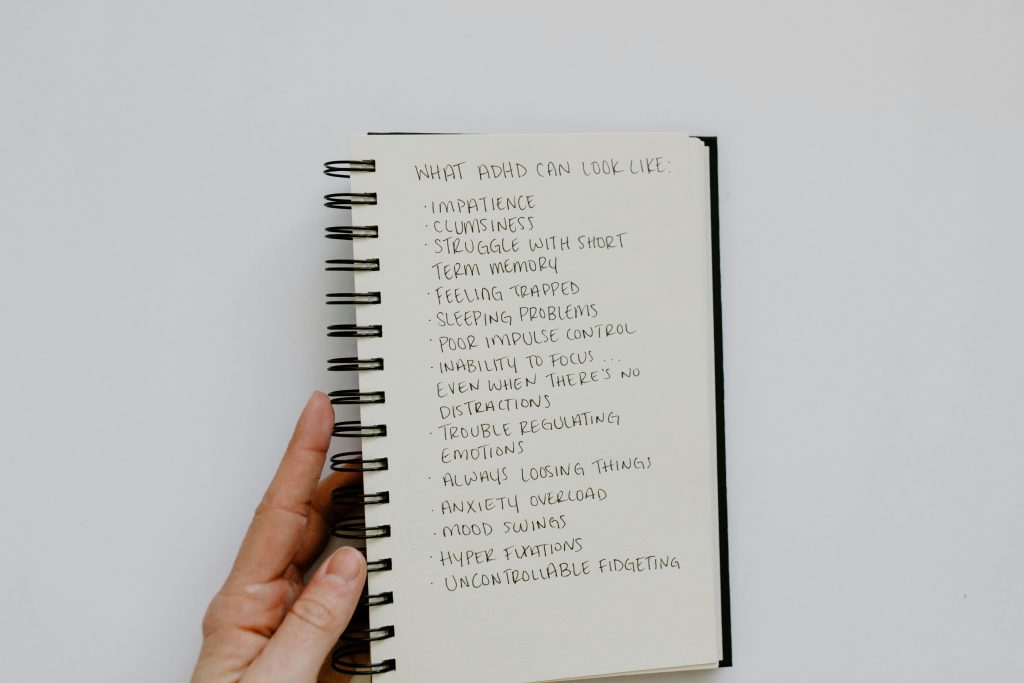Introduction
Emotional intelligence isn’t just about being “in touch” with your feelings—it’s about using that awareness to navigate life, relationships, and work more effectively. At the core of this skillset lies self-awareness and emotional control.
People who cultivate these traits make better decisions, communicate more effectively, and handle pressure without reacting impulsively. And the best part? These are skills anyone can develop through practice.

In this article, we’ll explore practical strategies to improve your self-awareness and emotional control, helping you build resilience, regulate your responses, and strengthen your emotional intelligence in everyday situations.
1. Understand the Power of Self-Awareness
Self-awareness is the ability to recognise your thoughts, emotions, and behaviours—and how they influence each other.
Benefits of Self-Awareness:
- Better decision-making under stress
- Improved communication and relationships
- Greater alignment between values and actions
- Reduced emotional reactivity
ThinkHero Insight: When you understand your emotional patterns, you gain the power to pause, pivot, and respond with intention.
2. Practice Mindful Check-Ins
Start each day with a short internal scan:
- What am I feeling right now?
- What triggered it?
- How is this emotion affecting my mindset and behaviour?

Daily Practice:
- Take 2–5 minutes in the morning or after a transition point (e.g. between meetings)
- Label the emotion without judging it (e.g. “I feel anxious”, “I feel excited”)
- Ask yourself: Is this emotion helpful or harmful right now?
This builds emotional granularity—key for emotional intelligence.
3. Journal for Emotional Clarity
Writing helps you process emotions and identify patterns you might otherwise miss.
Journal Prompts to Try:
- What triggered a strong emotion today?
- How did I respond—and what could I do differently next time?
- What do I need more of, or less of, right now?
Best Practice: Keep your entries short but consistent. Over time, you’ll notice recurring themes that provide valuable insight.
4. Identify Your Emotional Triggers
Emotional control starts with recognising what sets you off—what people, situations, or internal beliefs make you feel reactive?
Common Triggers:
- Criticism or perceived failure
- Feeling ignored or dismissed
- Uncertainty or lack of control
Action Step:
- Reflect on recent moments of strong emotion
- Write down what triggered them and how you reacted
- Look for patterns to anticipate and manage future responses

5. Learn the Pause Technique
Before reacting emotionally—pause. This one-second decision can change everything.
How It Works:
- Notice the emotion rising (tension, heat, frustration)
- Pause, breathe, and ground yourself
- Respond with intention instead of impulse
Even a brief pause creates space for smarter, calmer action—especially during conflict.
6. Build a Personal “Emotional Vocabulary”
Being able to name emotions accurately increases emotional intelligence and decreases reactivity.
Go Beyond “Happy” or “Angry”:
Try words like:
- Frustrated
- Overwhelmed
- Hopeful
- Resentful
- Inspired
The more precise your language, the easier it is to manage emotions effectively.
Tip: Use a list of feeling words or an emotion wheel as a reference tool.
7. Practice Cognitive Reframing
Cognitive reframing is about shifting the way you interpret a situation—so your emotional response changes too.
Example:
Instead of: “They ignored my idea in the meeting.”
Reframe to: “Maybe they were focused on deadlines. I’ll follow up and clarify.”
Benefits:
- Reduces assumptions and overreactions
- Encourages calm, proactive thinking
- Strengthens emotional resilience

ThinkHero Tip: Reframing doesn’t dismiss your feelings—it helps you respond from clarity, not chaos.
8. Use Breathing to Regulate Emotions in Real-Time
Breathing techniques calm your nervous system and create instant emotional regulation.
Try This:
- Inhale deeply for 4 seconds
- Hold for 4 seconds
- Exhale slowly for 6–8 seconds
- Repeat 3–5 times
Use this technique in moments of stress, conflict, or overwhelm to regain control.
9. Seek Feedback from Trusted People
Sometimes, self-awareness is limited by perspective. Getting honest feedback helps fill the gaps.
Ask:
- “How do I typically react when under pressure?”
- “Have you noticed patterns in how I handle conflict?”
- “What’s one thing I could improve emotionally?”
Choose someone who’s supportive but honest, and be open to learning—even if it’s uncomfortable.
10. Commit to Consistent Reflection and Growth
Self-awareness and emotional control aren’t achieved overnight—they’re built through consistent practice.
Weekly Reflection Questions:
- What was my biggest emotional challenge this week?
- How did I respond—and what did I learn from it?
- What will I try differently next time?

Self-mastery is a lifelong journey—but every moment of reflection makes you stronger.
Conclusion
Improving your emotional intelligence begins with understanding yourself—your patterns, triggers, and responses. With daily effort, you can build the awareness and self-control that lead to stronger relationships, better decisions, and a more grounded sense of self.
Remember: emotional strength isn’t about suppressing how you feel—it’s about responding with clarity, not reacting from chaos.
Start today. Slow down. Tune in. And grow stronger from the inside out.
